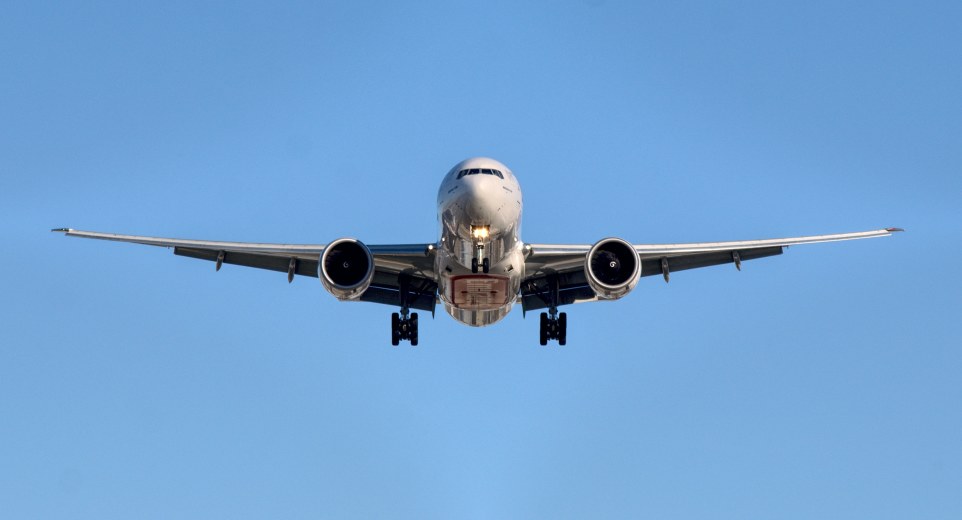Foreign carriers operating to and from Nigeria are no longer allowed to sell tickets in currencies different from the local one, the Naira.
The Nigerian Civil Aviation Authority (NCAA) has announced airlines selling plane tickets in a currency different from the local one, the Naira, will be fined. Let’s look closely at why the country has made such a dramatic decision.
Nigeria’s shortage of foreign currency
Hadi Sirika, Nigeria’s Minister of Aviation, announced that foreign carriers can no longer sell plane tickets in a currency different from the Naira.
The decision stems from a shortage of foreign currency Nigeria is currently facing. Although the country’s primary source of export is oil, Nigeria has not managed to take advantage of the product’s current high price efficiently. The Nigerian Economic Summit Group (NESG) linked the country’s inability to exploit its natural resource to low production rates, pipeline thefts, and acts of vandalism.
Consequently, Nigeria is implementing harsh measures to prevent foreign currencies from pouring out of the country. For example, foreign currency funds of several airlines, for instance, deriving from selling tickets in US Dollars or Euros, have been frozen. Upon this decision, many carriers have canceled flights to Nigeria, including Emirates.
The international response
In front of Nigeria’s measures to prevent foreign currencies from flowing out of the country, the international response has been just as harsh.
Indeed, Nigeria was forced to unblock $265 million the country owed to foreign airlines. This sum represents 57% of the $464 million Nigeria withheld in July 2022. As a consequence, foreign carriers have progressively resumed flights to Nigeria. From their side, airlines must now commit themselves to selling tickets in Naira. Commenting on those airlines that refuse to do so, Nigeria’s Minister for Aviation stated:
“This is a violation of our local laws and will not be tolerated. Those airlines that will not abide by this measure will be punished.”
The Nigerian Aviation market
According to Minister Sirika, in 2016, $600 million of the total $1.1 billion generated by airlines in Nigeria belonged to foreign carriers.
Given the relevance of the Nigerian aviation market, the Minister underlined how important it is for the country to have a national carrier, which is expected to start operations in 2023. According to the Official Airline Guide (OAG), the airline operating the most frequencies to Nigeria in 2019 was Air Peace, based in the country’s capital, Lagos. Air Peace also ranked first in terms of capacity, with 2 billion seats offered to/from Nigeria in 2019, and the scenario is the same for 2022. Among the Gulf carriers, Qatar is particularly strong in Nigeria, ranking 6th in 2022 in terms of capacity, with 659,236 seats offered to/from the country. Regarding Europe, Lufthansa is the 9th carrier for capacity deployed to/from Nigeria, while Turkish Airlines places 10th.
In terms of traffic, the Nigerian market is predominantly domestic, with almost 3 million passengers estimated in 2022 and a market share of 74%. The busiest international origin is the UK, representing a market share of 4% and an estimated number of passengers of 146,628. The busiest connecting airport for Nigerian Origin & Destination (O&D) traffic is Nnamdi Azikiwe International Airport (ABV), serving the Nigerian city of Abuja, whereas Doha Hamad International Airport (DOH) is the busiest international connecting airport for traffic bound for Nigeria.
Source: Simple Flying






